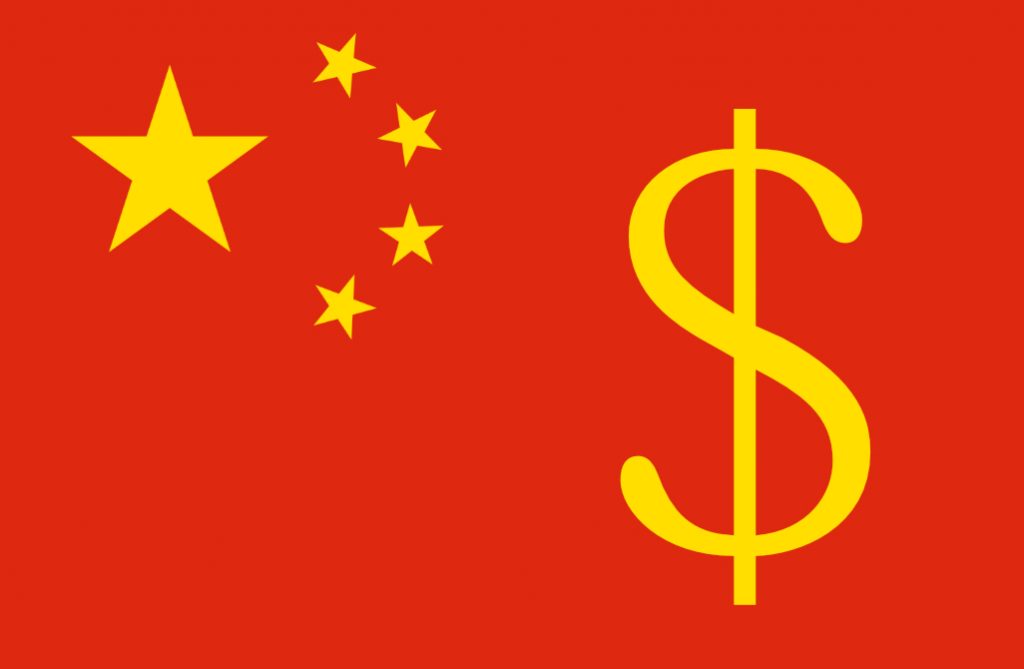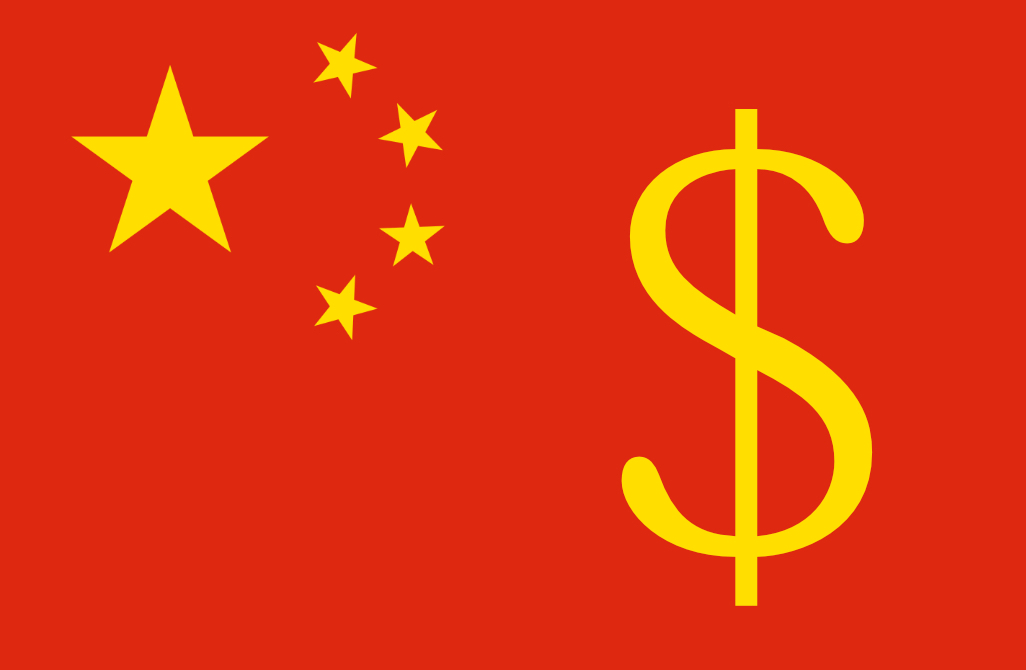
According to a report on Reuters, industry groups have requested tariff exemptions for a variety of tech tools, including 3D printers.
The requests originated from the Consumer Technology Association (CTA), the National Elevator Industry, the American Chemistry Council, and the American Apparel & Footwear Association, among others. Each believes certain components and tools should be deemed “essential” during the crisis.
China Tariff Exemptions
The specific requests vary by requestor, and are quite specific. For example, Reuters says:
“The National Elevator Industry asked USTR to lift duties on elevator and escalator parts and components that are ‘essential to the functions of healthcare facilities, hospitals and medical equipment factories.'”
Similar requests have come from a wide variety of industry groups, all directed towards the US Trade Representative’s Office, which established wide-ranging tariffs against China some months ago. This protectionist action was intended to punish China, but is in fact merely an import tax on US firms that require items from China. Chinese firms do not pay these tariffs and likely do not see a downturn in sales as they will simply sell to other parties worldwide.
Even worse, some of these items are indeed essential during a crisis. The elevator components, for example, illustrate the problem: what do you do if an elevator breaks in a hospital? Wait for a long period for replacement parts? Make the hospital pay extra tariffs that make them even more inefficient? None of that makes any sense.
One of the items apparently requested for tariff exemption is 3D printers, made by the CTA, who said:
“Tariff waivers should be granted for sensors and cameras used by doctors to provide telehealth services, robots that can sterilize infected surfaces, 3D printers, drones that can deliver medical supplies, wireless hotspots and laptops for schoolchildren and networking equipment in data centers.”
This is a true statement, as it’s now well-known that farms of inexpensive 3D printers can produce high volumes of required parts. To date there have been countless local initiatives organized to produce PPE equipment for healthcare facilities, and it’s working quite well in most regions. These initiatives could surely benefit from the availability of lower-cost equipment and spare parts.
Effect of Tariff Exemptions
It’s not clear whether any of these requests will be granted, as practicality is usually mixed with politics in the US these days. If it is granted, then something interesting happens.
While essential services will then be able to obtain lower-priced equipment from China, everyone else will, too. It could create a rush for 3D printers that might affect the sales of US domestic 3D printer manufacturers. But most of the US domestic 3D printer manufacturers now produce more expensive professional or industrial equipment. There are very few low-cost 3D printer manufacturers in the US these days, so the low end of the market is not likely affected significantly.
What may change is the use of professional and industrial 3D printers from China, which are rarely seen in the US for a variety of reasons including potential patent infringements, unfamiliarity with mature Chinese 3D printer manufacturers, absence of resellers of this equipment, or ineffective marketing campaigns by manufacturers unfamiliar with US market expectations.
It’s not appreciated how mature the China 3D printer manufacturing scene truly is these days. There are multiple companies producing high-quality machines at good pricing. They just don’t seem to sell them in North America.
But maybe they will if these tariffs change. And if that happens, these companies are likely to stay in the market even after things cool down.
Via Reuters

